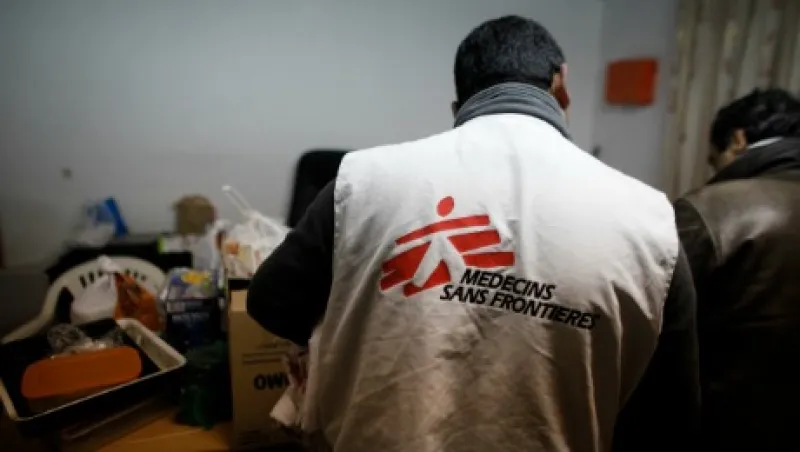After the terrorist attacks in Paris and California, it didn’t take long for the backlash to kick in. European Union countries balked at plans to admit more Syrian refugees and extended €3 billion ($3.3 billion) in aid to Turkey to keep more of them closer to home. Donald Trump stoked fear and division by calling for a “complete shutdown” on Muslims entering the U.S. Terrorism succeeds by promoting abstractions over the needs of actual human beings; much of the reaction has done the same.
Seeking a different perspective, I reached out to a friend and former colleague, Lorna Solis. While on a business trip to Kenya for Institutional Investor about eight years ago, Solis visited a friend working for the United Nations High Commissioner for Refugees at a camp on the country’s border with war-torn Somalia. Moved by the plight of one young Somalian, Abass Mohamed, who had languished in the camp for 13 years, she contacted a professor friend at Princeton University with a pitch: If Abass proved himself capable, would the Ivy League school give him a free ride? Princeton said yes; Abass passed the SAT; today he has a bachelor’s degree in environmental science and a master’s in finance from Germany’s EBS Business School, and works in the risk department of a major Wall Street bank.
Solis has transitioned from selling ads for II to selling salvation. She founded a charity, Blue Rose Compass, that mentors promising kids in refugee areas in Jordan, Lebanon, Turkey, Kenya, Nigeria and Colombia, and arranges for full scholarships to 22 higher education institutions for the cream of the crop. She currently has 240 students studying at schools around the world, from Princeton to University College London to Tsinghua University in Beijing. All promise to take their skills back to their home countries.
The potential to do more is virtually unlimited. The U.N. estimates the world’s refugee population at more than 18 million; a further 38 million have been uprooted by violence in their own countries. In Nigeria alone 11 million school-age children are kept out of classes by the predations of Boko Haram. Solis is gearing up for a record intake in 2016 but worries about the rising anti-immigrant fever. “Visas are going to be harder to get,” she says.
If the civilized world is going to beat back the threat of terrorism, it will take more than surveillance and drone strikes. It will require tapping the hearts, minds and talents of people in trouble spots around the globe. Solis, who came to the U.S. as a young girl after her family was hounded out of Nicaragua by the Sandinistas in 1979, sees herself in the faces of refugees. As she puts it, “Opportunities are what they need, period.”
Amen to that.
Follow Tom Buerkle on Twitter at @tombuerkle.






